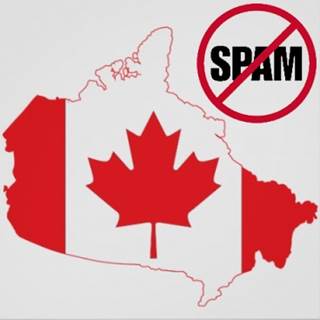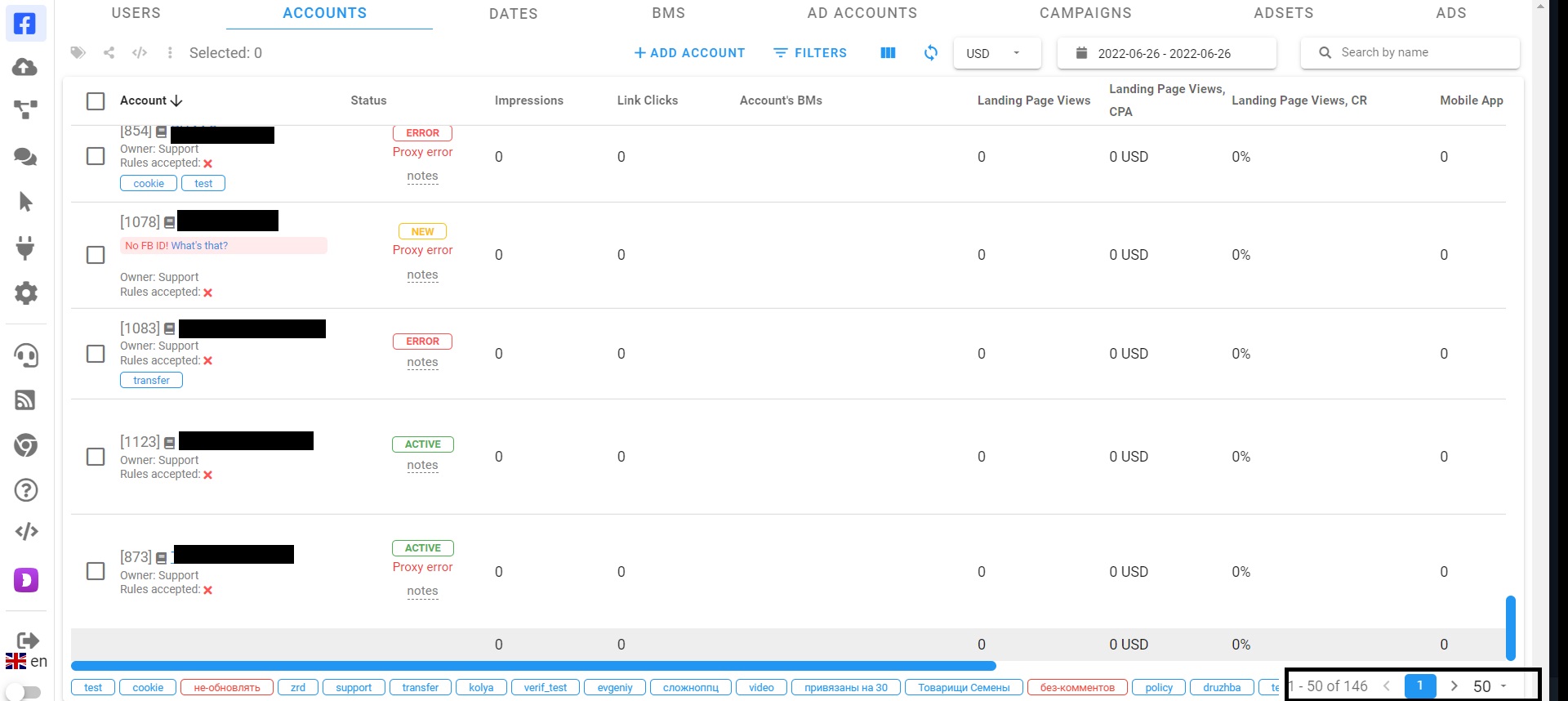In what is widely considered to be one of the most restrictive laws on the planet dealing with commercial electronic messages, most of Canada’s long-awaited anti-spam legislation will take effect on July 1, 2014 (“CASL”).
CASL regulates all commercial electronic messages that are sent or accessed by computer systems located within Canada. Therefore, covered businesses currently operating pursuant to CAN-SPAM will need to make broad-sweeping changes to their marketing campaigns to bring them into compliance.
There are key differences between CASL and CAN-SPAM, the former being much broader in scope.
Most notably, CASL creates a strict “opt-in” regime. For example, allowing a third party to “opt-out” or using a pre-checked box will not suffice. In no uncertain terms, it requires senders of electronic messages including, without limitation, email, SMS text and social media messages, to first obtain express or statutorily-defined implied consent from recipients prior to transmission.
Implied consent may include, without limitation, situations where there is an existing business relationship between the sender and the recipient. CASL provides that there is an existing business relationship when business has been conducted between the sender and the recipient within the last two years, there is a contract in place between the sender and the recipient or the contract has expired within the last two years, or the recipient has made an inquiry to the sender within the last six months.
There are numerous exemptions to the express consent requirement. Some examples include:
◾Messages sent within an organization that concern the activities of that organization
◾Messages sent between organizations in a business relationship where the communication concerns the activities of the recipient organization
◾Messages sent in response to an inquiry or application
◾Messages sent in relation to a legal or judicial obligation
◾Messages sent to a limited-access secure and confidential account to which messages can only be sent by the person who provides the account
◾Messages sent to recipients in certain listed countries if the message complies with the recipient’s country’s anti-spam law
◾Third party referrals
◾Messages with the primary purpose of raising funds for a charity
◾Messages sent by political parties or candidates soliciting contributions
◾Messages sent between individuals with specifically defined family or personal relationships
CASL’s reach extends far beyond what would typically be considered “spam” emails, potentially applying to what organizations would consider to be ordinary electronic communications.
CASL regulates all third party communications where there exists any degree of commercial content. CAN-SPAM only regulates messages with a primary purpose to promote. Unless a third party has previously consented to receipt, those doing business, non-profit organizations and individuals using electronic means to communicate in Canada will be exposed to substantial liability.
The legislation also encompasses messages sent by any means of telecommunication, including a text, sound, voice or image message with a purpose to encourage participation in a commercial activity.
CASL clearly defines form and content requirements that messages, including requests for consent and the provision of compliant unsubscribe functionality, must adhere to. It prohibits false or misleading representations in the “from” and subject matter fields. It also prohibits false or misleading representations in the message field, the URL or other webpage locater.
Also noteworthy is that while CASL will be enforced by government agencies, it puts into place a private right of action that will allow individuals and organizations to obtain a court order or compensation for violations. The private right of action, one that carries the threat of class action litigation, will not become effective until July 1, 2017.
CASL also protects against the unsolicited installation of malware and spyware. It requires express consent to install software on another person’s computer system in the course of a commercial activity. With some exceptions, related provisions also affect software maintenance and installation activities. While the majority of CASL provisions will go into effect July 1, 2014, provisions that regulate the installation of programs will not go into effect until January 15, 2015.
In stark contrast to CAN-SPAM, the maximum penalty under CASL is CAN $1 million, per violation for an individual and CAN $10 million, per violation for an organization. Penalties under the private right of action can amount to as much as CAN $200.00, per violation, with a maximum of CAN $1 million, per day. In addition to penalties, damages and statutory damages, violations can lead to personal liability for officers and directors.
CASL imposes somewhat restrictive conditions for the use of consent when compiling and sharing mailing lists. Specifically, the legislation contemplates that organizations may, under certain circumstances, obtain consent for a third party to send commercial electronic promotional messages.
In order to do so, the organization that obtained the consent may authorize others to use it, but only if, without limitation, the authorizing organization contractually requires the authorized party to identify the authorizing organization that obtained consent and the authorized party provides a broad unsubscribe mechanism that meets clearly defined requirements. Provisions also exist with respect to managing withdrawals of consent, including, without limitation, specific notice obligations.
Now is the time to assess your marketing methodologies and the substance of all of your commercial electronic messages. Design complaint processes tailored to meet government expectations. Liability for a violation may be lessened if preventative due diligence is established.
Structure changes around enforcement dates. Know your relationships with recipients and if exemptions apply. Consider obtaining express consent from those persons currently on your marketing lists. You may be asked to prove the existence of an exemption, or express or implied consent. Be certain to document compliance efforts and structure relevant databases accordingly.
Contact a spam law attorney for assistance interpreting the detailed requirements and exceptions. CASL will have significant implications for all of those that do business in Canada and that promote their products and services within Canadian markets.
Richard B. Newman is an Advertising Law Attorney at Hinch Newman LLP specializing in advertising and digital media matters. His practice includes conducting legal compliance reviews of advertising campaigns, representing clients in investigations and enforcement actions brought by the Federal Trade Commission and state attorneys general, commercial litigation, advising clients on promotional marketing programs, and negotiating and drafting legal agreements.
Information conveyed in this article is provided for informational purposes only and does not constitute, nor should it be relied upon, as legal advice. This information is not intended to substitute for obtaining legal advice from an attorney. No person should act or rely on any information in this article without seeking the advice of an attorney.




